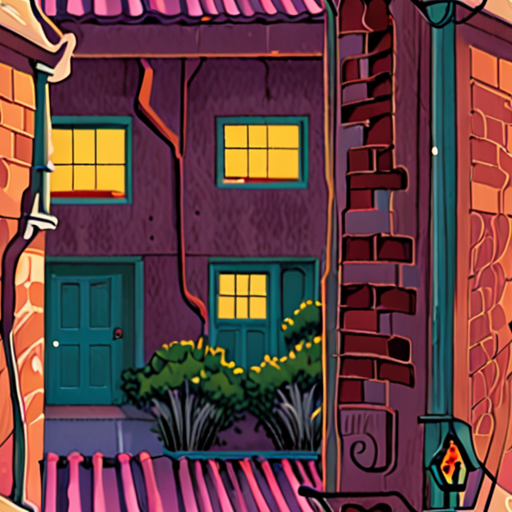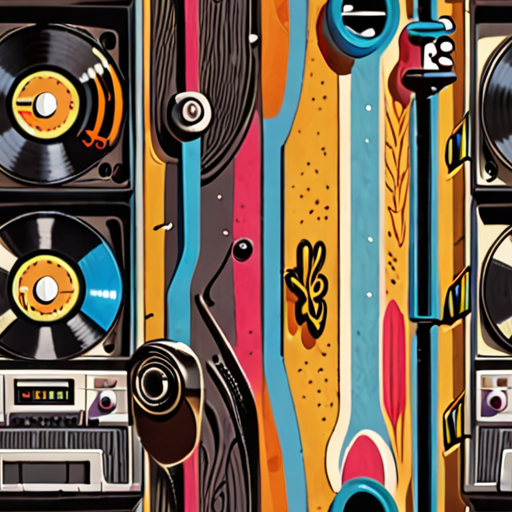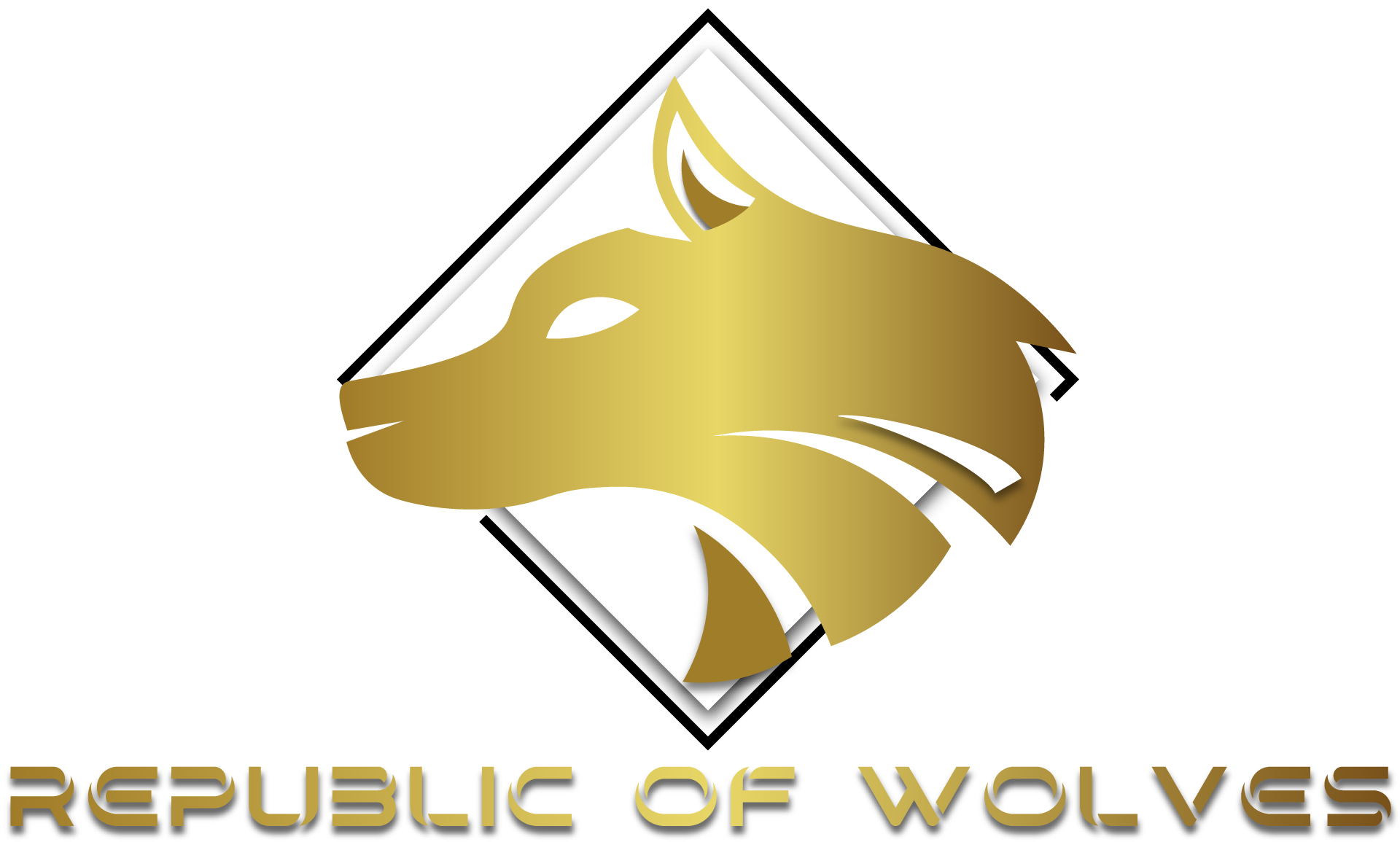“`html
In the heart of San Francisco’s vibrant cultural landscape lies a myriad of untapped musical treasures waiting to be discovered in Fremont, CA. If you’re yearning to tap into your own musical creativity or simply intrigued by the diverse sounds shaping our local scene, you’ve landed in the right place. This article unfolds the art of exploring music creativity in Fremont, offering unique insights for both seasoned musicians and curious hobbyists. From understanding the deep-rooted connection between music and creativity to discovering low competition niches for music exploration, we delve into why and how people explore music. We’ll guide you through musically enriching experiences, local music scenes, and the fascinating world of exploratory music. By the end, you’ll be armed with invaluable insights into San Francisco’s local music scene, encouraging you to embark on your own music exploration journey in Fremont, CA.
“`
Musical Creativity
Musical creativity is a multifaceted concept that encompasses various aspects of music-making, encompassing the ability to think outside the box, experiment with new ideas, and push boundaries.
-
Definition
Musical creativity can be understood as the process of generating novel and valuable musical ideas, products, or experiences through a combination of skills, knowledge, and imagination.
-
Key Components
The core components of musical creativity include:
-
Cognitive Abilities
Musicians need to possess strong cognitive abilities, such as memory, attention, perception, and problem-solving skills, to analyze, evaluate, and manipulate musical information.
-
Emotional Expression
Musical creativity involves expressing emotions, thoughts, and feelings through music, which requires a deep understanding of emotional intelligence and empathy.
-
Technical Skills
Developing technical skills, such as playing an instrument, singing, or producing music, is essential for musicians to express themselves creatively.
-
Inspiration and Motivation
Musical creativity often stems from inspiration and motivation, which can come from personal experiences, cultural influences, or social interactions.
-
-
Types of Musical Creativity
There are several types of musical creativity, including:
-
Improvisation
Improvisation involves creating music spontaneously, often in response to a particular situation or stimulus.
-
Composition
Composition involves creating original music, often through a deliberate and intentional process.
-
Arrangement
Arrangement involves reworking existing music to create a new version or interpretation.
-
Performance
Performance involves bringing music to life through live performances, recordings, or other forms of presentation.
-
-
Factors Influencing Musical Creativity
Musical creativity can be influenced by various factors, including:
-
Personality Traits
Personality traits, such as openness to experience, extraversion, and conscientiousness, can impact a musician’s creative potential.
-
Environmental Factors
Environmental factors, such as access to resources, social support, and cultural background, can shape a musician’s creative opportunities and challenges.
-
Learning and Development
Learning and development, including formal education and informal training, can enhance a musician’s creative skills and knowledge.
-
Musical creativity is a dynamic and complex phenomenon that involves a multitude of factors and processes. By understanding these aspects, musicians can cultivate their creative potential and produce innovative and meaningful music.
Is Exploring Music a Hobby?
Exploring music as a hobby can be a transformative experience, allowing you to tap into your creative side and discover new passions.
- Whether you’re a seasoned musician or just starting out, there are numerous ways to engage with music as a hobby, from playing an instrument to singing, composing, or simply enjoying your favorite tunes.
- One of the most significant benefits of exploring music as a hobby is its ability to foster creativity and self-expression. By learning to play an instrument or sing, you can unlock new avenues for artistic expression and develop your unique sound.
- Musical exploration can also have a profound impact on mental health and well-being. Research has shown that engaging in musical activities can reduce stress levels, boost mood, and even alleviate symptoms of anxiety and depression.
The Benefits of Exploring Music as a Hobby
Some of the key advantages of making music a part of your life include:
- Improved cognitive function: Engaging in musical activities has been shown to enhance memory, spatial-temporal skills, and language development.
- Boosted creativity: Music-making allows you to express yourself in new and innovative ways, fostering imagination and problem-solving skills.
- Stress relief: Listening to or playing music can be a powerful stress-reliever, helping to calm the mind and promote relaxation.
- Social connections: Joining a music group or attending concerts can help you meet like-minded individuals and build meaningful relationships.
Getting Started with Music Exploration
If you’re interested in exploring music as a hobby, here are some steps to get you started:
- Discover your interests: Experiment with different genres, instruments, and styles to find what resonates with you.
- Invest in equipment: Depending on your chosen path, you may need to invest in instruments, software, or lessons.
- Find a community: Look for local music groups, online forums, or social media platforms to connect with fellow musicians and enthusiasts.
- Practice regularly: Consistency is key when developing your musical skills – set aside time each day or week to practice and hone your craft.
By embracing music as a hobby, you can open yourself up to a world of creative possibilities, social connections, and personal growth.

How Is Music Related to Creativity?
Music has long been recognized as a powerful catalyst for creativity, capable of inspiring new ideas, fostering innovation, and driving artistic expression.
- The relationship between music and creativity is complex and multifaceted, influenced by various factors such as personal experiences, cultural background, and individual preferences.
- Research suggests that listening to music can stimulate the brain’s default mode network, which is responsible for generating novel connections and associations between seemingly unrelated concepts.
- Happy music with high emotional impact and a catchy beat has been shown to increase creativity, particularly in individuals who are familiar with the music or have a strong emotional connection to it.
As a fan of indie music, I’ve often found myself drawn to artists who push the boundaries of traditional genres and experiment with new sounds and styles.
- Republic of Wolves, a website dedicated to fans of indie music, offers valuable insights into the creative processes of bands like Republic of Wolves, highlighting the importance of experimentation and risk-taking in the pursuit of artistic innovation.
- By exploring the stories behind the music, fans can gain a deeper understanding of the creative forces that drive artists and develop a greater appreciation for the art itself.
- Ultimately, music has the power to transcend borders, cultures, and languages, speaking directly to our hearts and minds in ways that few other forms of expression can match.
Whether you’re an artist seeking inspiration or simply someone looking to tap into your own creative potential, music remains an essential tool for unlocking new ideas and perspectives.
The Science Behind Music and Creativity
Studies have consistently demonstrated that music has a profound impact on cognitive function, influencing everything from memory and attention to mood and motivation.
- One study found that listening to music increased activity in the brain’s reward centers, releasing dopamine and promoting feelings of pleasure and satisfaction.
- Another study discovered that music training improved spatial-temporal skills, allowing participants to better navigate complex patterns and relationships.
- These findings suggest that music has a unique ability to engage multiple aspects of cognition, making it an ideal stimulus for creative thinking and problem-solving.
Unlocking Your Creative Potential
So how can you harness the power of music to boost your creativity and unlock your full potential?
- Experiment with different genres and styles to find what resonates with you personally.
- Pay attention to the emotional impact of music, recognizing how it makes you feel and what memories it evokes.
- Use music as a catalyst for brainstorming and idea generation, letting its rhythms and melodies guide your thoughts and imagination.

What is Music Exploration?
Music exploration is the process of discovering and being curious about various genres, styles, and forms of music.
- It involves exploring different types of music, such as classical, jazz, rock, pop, hip-hop, electronic, and folk, among others.
- Music exploration can also involve learning about the history and evolution of different genres, as well as the cultural and social contexts in which they emerged.
- Additionally, music exploration can involve experimenting with different instruments, singing techniques, and production methods to create unique sounds and styles.
The Importance of Music Exploration
Music exploration is essential for musicians, music producers, and music enthusiasts alike, as it allows them to:
- Discover new sounds and styles that can inspire creativity and innovation.
- Develop their musical skills and knowledge through experimentation and practice.
- Stay up-to-date with the latest trends and developments in the music industry.
- Foster a deeper appreciation and understanding of different cultures and communities through music.
Examples of Music Exploration
There are many examples of music exploration, including:
- Indie music platforms like Republic of Wolves , which offer insights into the creative processes and live performances of independent artists.
- Online music communities and forums, where musicians and music enthusiasts can share their experiences, ask questions, and learn from each other.
- Music festivals and concerts, which showcase a diverse range of genres and styles, and provide opportunities for discovery and exploration.
Benefits of Music Exploration
Music exploration has numerous benefits, including:
- Improved creativity and inspiration.
- Increased knowledge and understanding of different genres and styles.
- Development of musical skills and techniques.
- Fostering a sense of community and connection with others who share similar interests.
Getting Started with Music Exploration
If you’re interested in exploring music, here are some steps you can take:
- Start by listening to different genres and styles of music.
- Experiment with different instruments and singing techniques.
- Learn about the history and evolution of different genres.
- Join online music communities and forums to connect with others who share your interests.
Exploring Music
We’re always looking for new ways to discover and enjoy our favorite tunes.
- One popular method is through personalized recommendations on streaming platforms like Spotify.
- These services use algorithms to suggest music based on our listening history and preferences.
- Mixes, Discover Weekly, Radio, DJ, and Editorial playlists are just a few examples of how Spotify helps us find new music.
Another way we explore music is by watching videos on YouTube.
- After viewing a music video, YouTube often suggests similar artists or songs based on our viewing history.
- This feature allows us to stumble upon new music and artists we may have otherwise overlooked.
We can also take a more active approach to exploring music by seeking out recommendations from online communities like Reddit.
- Forums and discussion threads dedicated to music allow us to connect with fellow music enthusiasts and learn about new artists and genres.
- YouTube channels and social media groups focused on music also provide valuable insights and recommendations from experts and fans alike.
Additionally, websites like AllMusic offer comprehensive guides to various genres and artists, helping us navigate the vast world of music.
As fans of indie music, we appreciate resources like IndieOnTheMove , which showcase emerging talent and provide updates on the latest indie music trends.
By combining these methods, we can stay up-to-date on the latest music releases and discover new artists and styles to enjoy.

What is Exploratory Music?
As a fan of indie music, I’m excited to dive into the world of exploratory music, a unique and hands-on approach to learning about music and the arts.
- Exploratory music is an active, hands-on class where students can experiment with various methods of performance, including singing, playing instruments, and theater arts.
- This semester-long class meets every other day, providing ample opportunity for students to engage with music and the arts in a meaningful way.
In addition to exploring different forms of music and performance, students will also have the chance to discuss, analyze, and write about music and the arts.
The Benefits of Exploratory Music
By participating in exploratory music classes, students can develop a deeper appreciation for music and the arts, as well as improve their critical thinking and creativity skills.
- Students will learn how to think creatively and outside the box, approaching music and art from unique perspectives.
- Through experimentation and exploration, students will gain confidence in their abilities and develop a sense of self-expression.
Real-World Applications
Exploratory music has real-world applications beyond the classroom, providing students with valuable skills and knowledge that can be applied to various aspects of life.
- Students who participate in exploratory music classes may go on to pursue careers in music, theater, or the arts, leveraging their skills and creativity to succeed in these fields.
- Additionally, the critical thinking and problem-solving skills developed through exploratory music can benefit students in a variety of professional settings.
Conclusion
In conclusion, exploratory music offers a unique and engaging way for students to learn about music and the arts, developing important skills and knowledge along the way.
Whether you’re a seasoned musician or just looking to explore your creative side, exploratory music is an excellent choice for anyone interested in music and the arts.

0 Comments